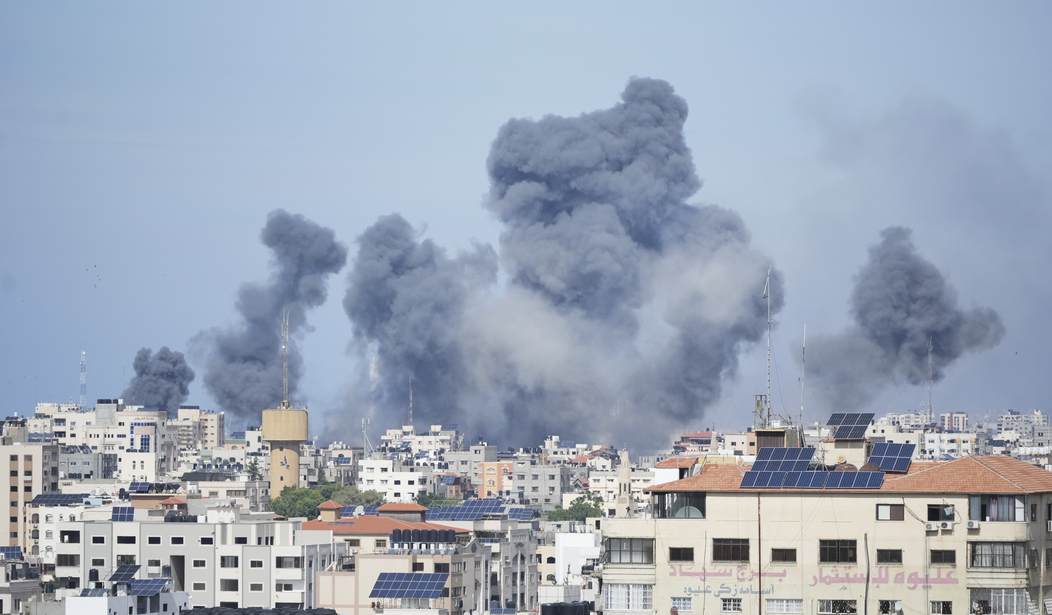As the situation in Gaza intensifies, concerns over the safety of the hostages grow even more urgent. When Hamas launched its surprise attack on Israel on October 7, it kidnapped over 200 Israelis, most of whom are still missing.
According to National Security Adviser Jake Sullivan, the United States and Israel do not know how many hostages Hamas took last month. The uncertainty is further compounded by several different factors, including the terrorist group’s network of underground tunnels.
The U.S. and Israel are unsure of how many hostages that Hamas terrorists took on Oct. 7 are "still alive," national security adviser Jake Sullivan said Sunday.
Sullivan made the comments during an appearance on ABC's "This Week." He said the U.S. remains focused on securing the release of the nine U.S. citizens and one U.S. green card-holder believed to be in Hamas custody. He said that while Israel is classifying all 239 missing individuals as hostages of Hamas, there is no way to be sure how many of them are "still alive."
"We do not know the precise number of hostages. We know the number of missing, and that's the number the Israelis have given, but we don't know how many of those are still alive," Sullivan told ABC. "As far as Americans are concerned, there are nine missing American citizens as well as a missing legal permanent resident--a green card holder."
Hamas has a history of engaging in hostage-taking as part of its conflict with Israel. These moves tend to have significant diplomatic and humanitarian repercussions which affect the victims and families as well as the broader political dynamics in the region. In fact, Hamas has used its tunnel network to kidnap and kill Israeli soldiers in the past.
Sullivan’s remarks underscore the challenges that the U.S. and Israeli governments face in trying to rescue those taken hostage in Gaza. Carrying out these types of operations requires careful coordination and intelligence gathering.
This latest conflict raises concerns about the current strategies to deal with terrorist organizations that take hostages. The Israel Defense Force (IDF) has continued its airstrikes and ground invasion into Gaza, hoping to rescue those who were taken during the initial slaughter. This has raised concerns that the hostages could be lost to crossfire or to murderous Hamas terrorists.
However, Hamas and Islamic Jihad have indicated a willingness to release hostages if Israel agrees to halt its operations in the region. Earlier this month, the terrorist government offered to release civilian hostages in exchange for a five-day pause in the fighting.
Although the terms have varied in recent weeks, Hamas has indicated most recently that it would release all civilian hostages in exchange for a five-day pause, according to diplomats familiar with the discussions who spoke on the condition of anonymity about the sensitive matter. Israeli military captives, whose precise number is unknown, would be retained, possibly to eventually be offered in trade for Palestinian prisoners in Israel.
Islamic Jihad, another Palestinian terrorist group, released a video in which they declared they would be willing to release an elderly woman and 13-year-old child “once appropriate measures are met, security-wise and on the field, which provides protection for the Palestinian people.”

